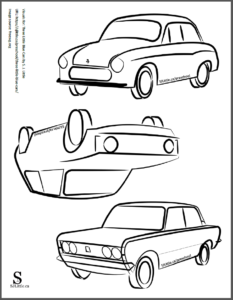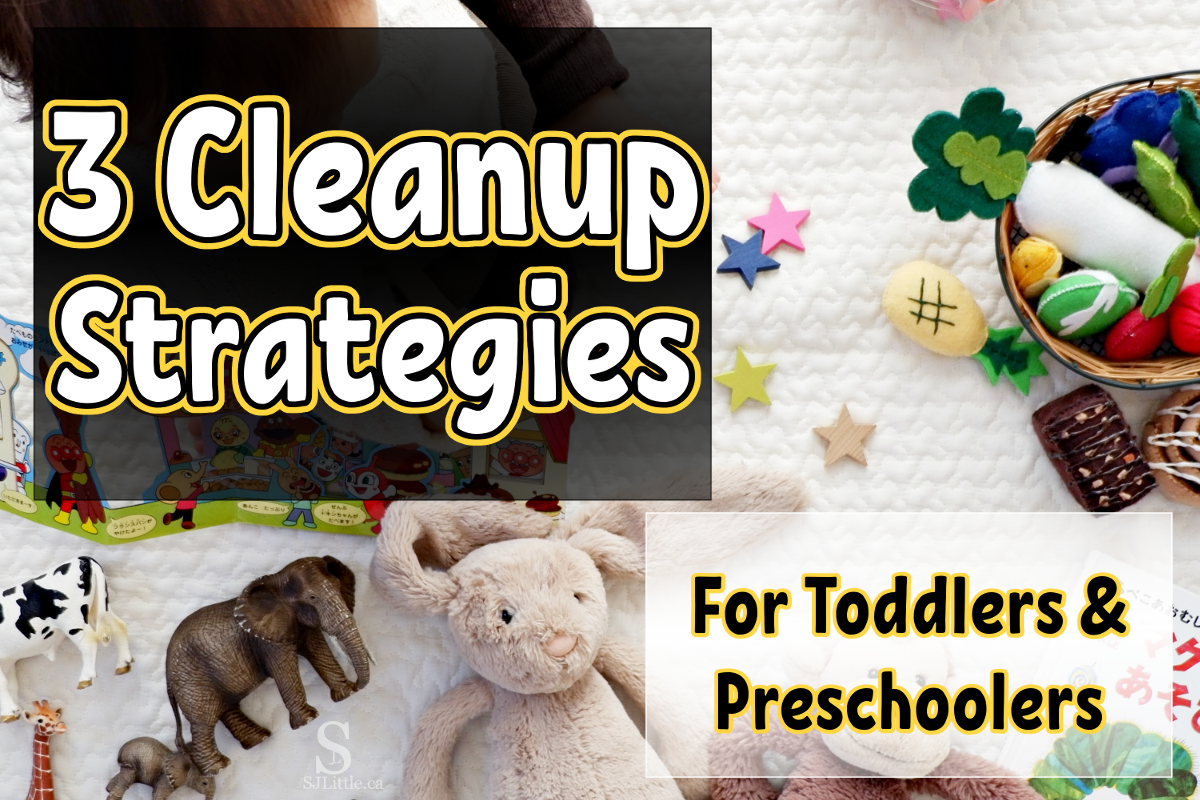
I open my eyes at the sound of stirring in the bassinet beside me. A cry escapes my baby, and then another.
Yawning, I glance at the clock – 5:45 am.
I pull myself out of bed and pick up my little one.
Carrying her through the dim hallway to the living room, I talk to her.
“Did you have a good sleep? Are you hungry again?”
Her eyes drift into sleep, but then scrunch as her cries resume with renewed force.
I settle myself on the couch to nurse her.
As she feeds, my eyes droop dangerously. I shake my head to ward off the drowsiness.
I calculate back to the last time I fed her. I have managed an hour and a half of sleep since then.
When my baby finishes nursing, she sprawls in a milk coma, limp and asleep.
Gratefully, I gingerly carry her back to the bassinet before slipping into my own bed.
I glance at the clock. It’s just after 6:00 am.
My baby will have time to be awake and play later, but for now I pull my blankets snug and let my eyes close.
A short cry wakes me. I hear stirrings beside me.
I glance at the clock – 7:45 am.
Laying still, I listen as the stirrings increase until the cry resumes.
Pushing aside the blankets, I stretch. Time to feed the baby again.
Lifting my crying baby, I head toward the living room again. At least this time I feel more awake.
In 1 Peter 2:2, we read, “Like newborn infants, desire the pure milk of the word, so that by it you may grow up into your salvation,…” (CSB)
How often do newborns crave milk? Do they only want to eat once a week on Sundays? Or perhaps once a day?
No. A newborn baby is likely to want to eat every 2-3 hours, resulting in eight feeds a day.
This leads me to ask myself the question: “How often do I crave the Word of God?”
Deuteronomy 6:6-9 tells me what this can look like.
“These words that I am giving you today are to be in your heart. Repeat them to your children. Talk about them when you sit in your house and when you walk along the road, when you lie down and when you get up. Bind them as a sign on your hand and let them be a symbol on your forehead. Write them on the doorposts of your house and on your city gates.” (CSB)
I know I have much room for growth in this area.
Newborns crave milk with a passion. When hungry, they zealously plea to be satisfied.
Their hunger is not some passive, “I can do that later.”
They exclaim, “I need food now!”
How urgent is my desire to be in the Bible? How often do I ponder the things of God?
I have one last thought to share before I wrap up this post. For it I must return to 1 Peter.
If I back up one verse to 1 Peter 2:1, I read, “Therefore, rid yourselves of all malice, all deceit, hypocrisy, envy, and all slander.” (CSB)
I am to rid myself of these ungodly things to help free me up to desire the Word of God.
I’ve noticed something similar in my baby.
Milk goes in and poo comes out. When the poo gets delayed and doesn’t come out for several days, it seems her appetite drops due to lack of space in her little belly.
Then comes the moment when she empties out her poo (and we hope the diaper contains it all). Once that’s done, she is ravenously hungry. Why? Because she has space again.
(Please note I am not a doctor or nurse, but simply a mom making observations and guessing at the reasons behind them.)
I suspect similar is true for me.
In order for me to rightly desire to be in the Word, in a way comparable to a baby desiring milk, my heart must be right. If my heart is full of envy or deceit, it will have no room to ponder the things of God.
Do not misunderstand. This is not a matter of salvation. Being saved and born again is a free gift from God. (To read more about this good news, check out The Gospel.)
This, rather, is talking to those who are already saved (see 1 Peter 2:3). It is referring to how I am to be growing toward maturity in my walk with the Lord (see 1 Peter 2:2b).
So how is my intake of the Bible doing? How often am I making room in my heart to feast on the very Word of God? How often do my thoughts revolve around the things of God?
Not as often as I would like.
Lord, help me to desire more of Your Word and to be intentional to make time to read and ponder it.





